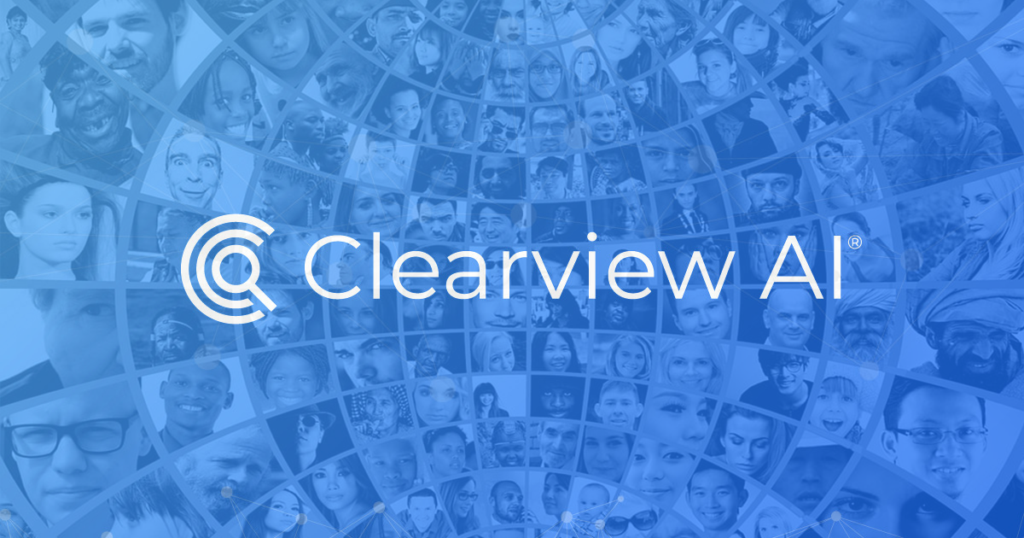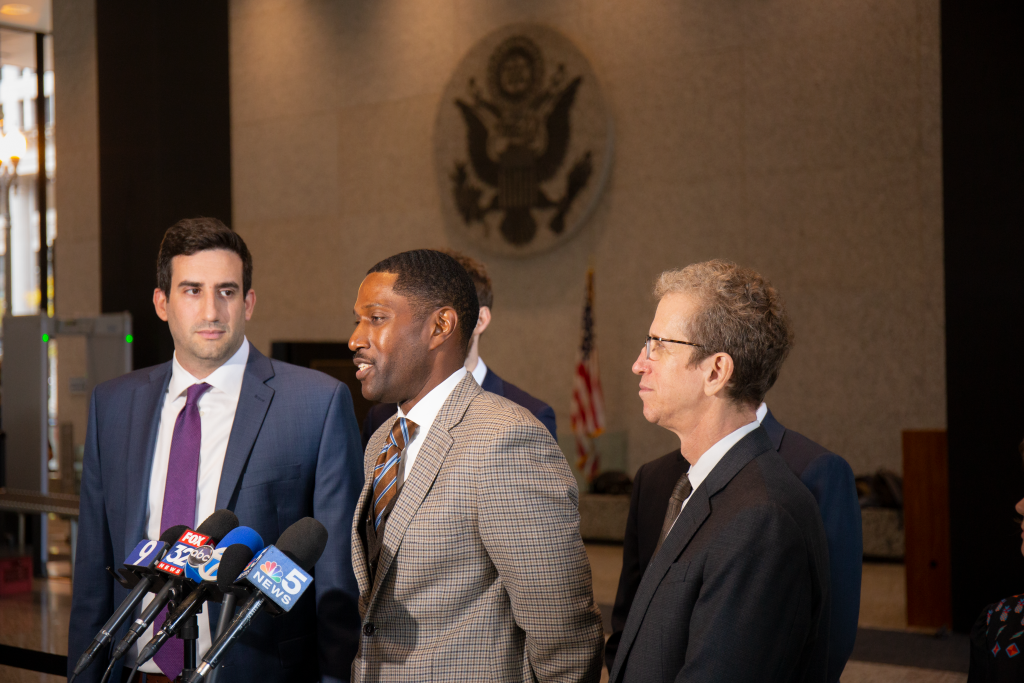Home » Class Actions » Class Action – Privacy/BIPA
Privacy/BIPA Class Actions
Businesses that leak personal data, track users secretly, or harvest face and voice prints break state and federal privacy laws. If your information was taken without consent, you may be entitled to compensation.
Experienced Privacy Class Action Attorneys
Companies love to say your data is “safe.” Too often, that promise is hollow. Retailers install hidden face-scan cameras, warehouses clock workers’ fingerprints without consent, phone apps and Voice AI models harvest voiceprints, and hospitals leak medical files in pixel tags that follow you across the web. When a breach hits, the fallout lands on you: identity theft, spammed inboxes, and the creeping sense that someone is always watching.
Illinois’s Biometric Information Privacy Act (BIPA) and other state and federal laws give you the right to control your data. They require clear notice, written consent, and secure storage. Violators face steep damages of up to $5,000 per scan, and court orders that force them to delete what they never should have taken.
At Loevy + Loevy, we don’t wave through quick settlements so companies can “move on.” When a tech giant or hospital system refuses to clean up its privacy mess, we drive the case toward trial. Courtroom proof, not PR spin, decides our negotiations.
Our team pairs deep trial skills with technical savvy: we dissect source code, subpoena camera logs, and track the money made from selling your data. We fight for cash in your pocket, deletion of stolen files, and reforms that stop the spying. Privacy class actions should restore control, deter future abuse, and remind corporations that your face, voice, and health records are yours, not theirs. That is our mission in every privacy and BIPA case we accept, however long the battle takes
Privacy Class Action Wins
Current Privacy/BIPA Class Action Cases
Photobucket
Privacy/BIPA
Photobucket has licensed users’ photos to third-parties to build artificial intelligence and biometric identification products without consent.
LEARN MORE
ACTIVE
Motorola
Privacy/BIPA
Motorola’s “FaceSearch” technology violates the Illinois Biometric Information Privacy Act (BIPA), by collecting, storing and using state residents’ biometric data, including police booking photos.
LEARN MORE
ACTIVE
Music AI
Privacy/BIPA
Music AI services, including Suno, Udio, and Mureka, violate the Illinois Biometric Information Privacy Act (BIPA) by collecting, storing, and using state residents’ biometric data, including voiceprints.
LEARN MORE
ACTIVE
BIPA AI
Privacy/BIPA
AI voice platforms train on millions of voiceprints scraped from the internet without permission. If your voice is online (on YouTube, for example), you may be entitled to compensation.
LEARN MORE
INVESTIGATION
Why Join a Class Action?
Joining a class action means shared costs, greater leverage, and a real chance to hold wrongdoers accountable—all without taking on the fight alone. And you pay nothing unless we win.i

Class Action Practice Areas
Consumer Protection
Companies that have hidden fees, distort ads, or sell defective products break consumer-protection laws. If you paid for something under false terms, you may be entitled to compensation.
Gambling
Sports-betting and online gaming platforms lure players with misleading promos, unfair odds, and delayed payouts. If deceptive practices cost you money, you may be entitled to compensation.
Privacy/BIPA
Businesses that leak personal data, track users secretly, or harvest face and voice prints break state and federal privacy laws. If your data was taken without consent, you may be entitled to compensation.
Healthcare/PBMs
Insurers, hospitals, and pharmacy-benefit managers often inflate prices, bury fees, or steer patients toward costlier drugs. If unfair billing or pricing raised your costs or cut your reimbursements, you may be entitled to compensation.
Artificial Intelligence
AI platforms are harvesting music, art, and personal data without permission to fuel their models and profits. If your creative work or data was used without your consent, you may be entitled to compensation.
Government Accountability
Public agencies that overcharge, seize property, or trample constitutional rights can be held liable. If official misconduct harmed you or your community, you may be entitled to compensation.
FAQs
What is a class action lawsuit?
A class action is a type of lawsuit in which one or more people sue on behalf of a larger group who were harmed similarly.
It’s often used when a company’s misconduct affects many people, such as in cases of consumer fraud, data breaches, or illegal surveillance.
Will it cost me anything to participate?
No. Loevy + Loevy handles class actions on a contingency basis, meaning you pay nothing unless we win.
There are no upfront costs, no hidden fees, and no risk to you.
How do I know if I qualify?
Each case has specific criteria, such as where you live, what happened, and when.
Our team will review your situation confidentially and let you know if you’re eligible.
If you’re unsure, it’s always worth asking.
What will be expected of me after I join?
For most class members, very little. Our attorneys handle court filings, discovery, and negotiations.
You may be asked to provide documents or answer questions, but only the named representatives typically appear for depositions or hearings.
We keep every class member updated throughout the case.
How long does a class action usually take?
Timelines vary, but complex class actions often last two to three years or longer because courts must rule on class certification, motions, discovery, and (if no settlement is reached) trial and appeals.
How is any settlement money divided?
If the case succeeds, the court-approved settlement or judgment specifies how funds are distributed.
After litigation costs and the court-approved attorneys’ fee, the remainder is shared among eligible class members, typically in proportion to each person’s damages or a formula set by the court.


